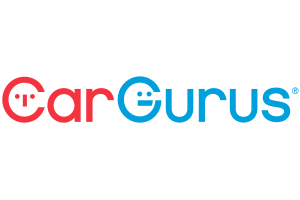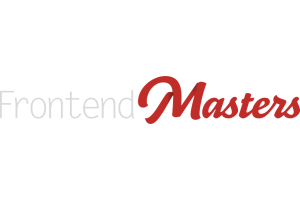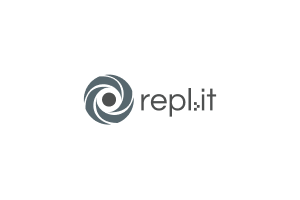⏎ Return to Community Grants Program Main
Rust Foundation Fellowship Program
The Rust Foundation Fellowship program will be returning for 2024. Applications will open on July 15th and close on August 5th with the aim that up to 15 Fellows will be chosen and on-boarded by the end of August. This year there will be three different types of Fellowships:
Project Fellowships
These Fellowships are open to members of the Rust Project Teams and Working Groups to support contributions that serve the goals of the Rust Project Teams and Working Groups. These Fellowships will run for a period of 12 months, during which period Fellows will receive:
- A stipend of $1,500 USD per month
- Combined travel, hardware & training allowance - $4,000 (of which up to $1,500 can be spent on hardware).
>>Link to application form.
Community Fellowships
These Fellowships are open to people working to build Rust communities outside of Western Europe and North America to support work such as organizing communities and events and creating content and training materials for their communities.
These Fellowships will run for a period of 12 months, during which period Fellows will receive:
- A stipend of $1,500 USD per month
- Combined travel, hardware & training allowance - $4,000 (up to $1,500 can be spent on hardware).
>>Link to application form.
Project Goal Fellowships
Project Goal Fellowships are open to people working on the agreed goals (and sub-goals) of the Rust Project. Applicants do not have to be members of a Rust Project Team or Working Group, but they do need the skills and experience to be able to deliver their chosen package of work.
Project Goal Fellowships will reflect the calendar of the Rust Project goals and will run for a period of six months. Fellows will receive:
- A stipend of $1,500 USD per month
- Combined travel, hardware & training allowance - $2,000 (up to $750 can be spent on hardware). (The lower values reflect the shorter duration of the Fellowships.)
>>Link to application form.
FAQs
How long does the program last?
For Project Fellowships and Community Fellowships, 12 months. For Project Goal Fellowships, 6 months.
Does it matter which country I live in or what my citizenship status is?
No, but you have to be able to legally receive funds from the USA to be a Fellow.
I am 17, can I apply to be a Rust Foundation Fellow?
In order to accommodate and abide by different countries’ child labor laws, we are not able to consider applications from people under the age of 18.
I am not currently a member of a Rust Project Team or Working Group, can I apply?
You can’t apply for a Project Fellowship, but you can apply for a Community Fellowship or a Project Goal Fellowship.
I don’t have any experience with Rust, can I apply?
No.
How much time will I have to spend working on Rust for my Fellowship?
While RFFs are expected to dedicate an average of 20 hours per month on program work we acknowledge the time demands on Rust community members. As such, we are flexible in allowing RFFs to map out their own working patterns and encourage RFFs to prioritize work-life balance.
I can’t commit to dedicating 20 hours of time to Rust every month, is that going to be a problem?
While we expect Fellows to spend an average of 20 hours per month on the program, we understand that schedules vary over the course of a year and the program will accommodate this reality as needed.
If I become a Fellow do I have to increase the number of hours I spend working on Rust?
No. If you are already spending 20 or more hours a month working on the Rust project, then no additional hours will be necessary. We encourage Fellows to limit the additional amount of time they spend working on the project to help achieve a healthy work-life balance.
I am interested in building the Rust community, not writing code, can I apply?
Yes, you can apply for a Community Fellowship, but only if your work is outside of Western Europe and North America.
I am currently paid to work on the Rust Project, can I apply?
We are only able to consider applications from part-time Rust Project contributors or unpaid contributors.
Do I have to speak English to be a Rust Foundation Fellow?
Spoken English is not a requirement of the program, but Fellows will need a reasonable understanding of written English in order to be able to interact with members of the Project Teams and Working Groups.
How does the travel stipend work?
Fellows will be asked to inform the Rust Foundation of the Rust-focused event they want to attend during their Fellowship year. Our team will review this information with the Fellow and, once confirmed, will provide the funds necessary to cover attendance. The travel budget is intended to provide economy travel, accommodation and subsistence, plus the cost of event admission.
How does the training stipend work?
The Rust Foundation team will work with each Fellow to understand the type of training support that would be valuable to them. We require training to be relevant to the Fellowship position. Examples of training categories we support: project planning, organizational management, leadership, language skills, document writing, and effective communication.
How will I report my work as a RFF?
Fellows will be required to write a brief report each quarter, and participate in a catch-up call with a member of the Rust Foundation staff team. At the end of the Fellowship year, RFFs will write a brief blog post about their experience for publication on the Rust Foundation website.
If I become a Fellow, will any information about me be published publicly?
We will publish a brief biography of you on the Rust Foundation website, along with any public social media/other relevant links that you are willing to share. If you would rather we use your online alias in place of your legal name, please let us know. While our preference is to publish a picture of you, we will also accept an avatar as an alternative.
How will I get paid as a Fellow?
RFFs are typically paid via direct bank transfers.
Who will own the work that I produce as a Fellow?
You will own the IP of any work that you create as a Fellow. However, we will require you to release your work as a RFF under an open source license so it can benefit the community as a whole.
Can I drop out of the Fellowship before the year is up if I am not enjoying it?
Yes, however we will do everything we can to find ways to make the program more enjoyable for you! Our goal is for all Fellows to feel comfortable telling the Rust Foundation team if they have issues or concerns related to the program so we can work together to find a solution.
How will my work be monitored during the program?
The Rust Foundation trusts our Fellows to honestly report how they have been supporting the Rust Project.
Can you help me understand the tax implications of receiving a Fellowship grant?
Individual Fellows are responsible for ensuring that they are complying with any tax laws that apply to the receipt of this funding in their country/jurisdiction of residence. The Rust Foundation cannot provide advice on the personal tax arrangements or obligations of individual fellows.
I have a question that hasn’t been answered here. How can I get in touch for more information?
Please email grants@rustfoundation.org and we will do our best to help.
More Information
The Community Grants Program is made possible by these generous organizations:
... and by the companies and individuals who contribute through our GitHub Sponsors page.
If your organization is interested in supporting the future of Rust’s talent and innovation through the Community Grants Program, please email us at grants@rustfoundation.org. Donations in any amount are greatly appreciated.









